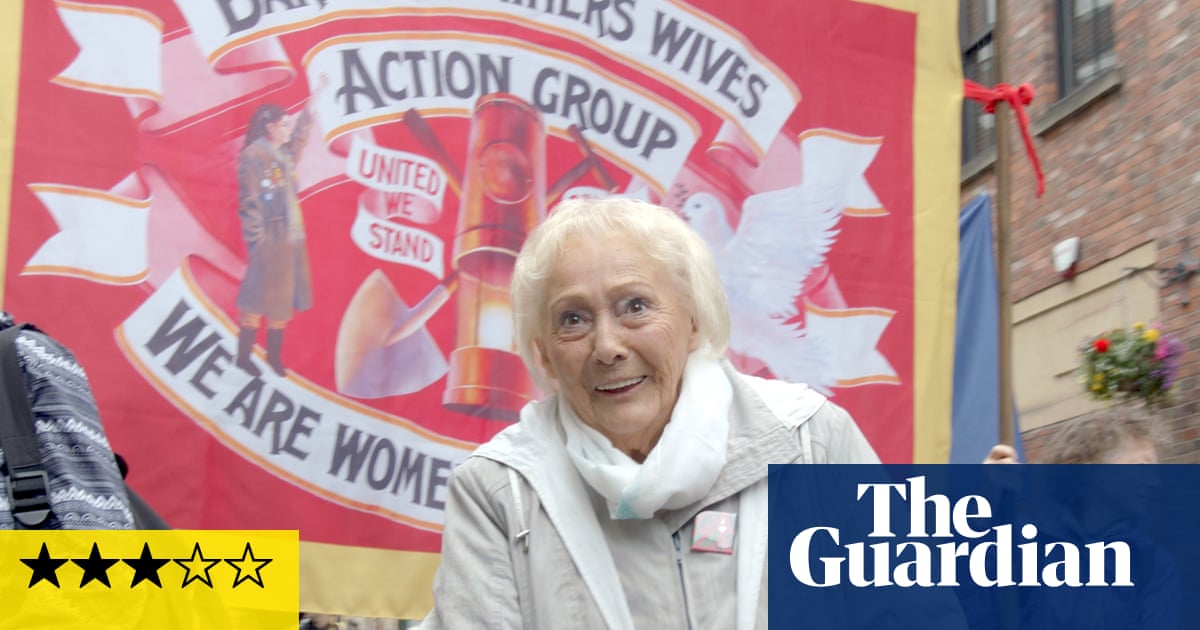
"Local groups came together under the banner Women Against Pit Closures (WAPC); many were miners' wives, like Betty Cook, now in her 80s, who promised herself at the start of the strike she wasn't going to sit at home and cry. I'm going to do something, she says. The women picketed, raised money, organised rallies and peeled spuds by the thousands."
"But the women picketed, too (one jokes that she used to argue with her husband over who went to the picket line and who stayed at home with the kids). One or two describe being judged for their activism (my mum told me I wasn't fit to be a wife or a mother), and journalists from London would ask about feminism. But they weren't interested in labels, say the women interviewed here. We were just women who wanted to know how to feed their kids."
Local groups formed under the banner Women Against Pit Closures (WAPC), many led by miners' wives who vowed to take action rather than stay at home. Members picketed, raised funds, organised rallies, peeled thousands of potatoes and staged dramatic protests such as chaining themselves to the defence secretary's offices. Women faced judgment and pressing questions about feminism but emphasised practical aims: feeding their children. The strike awakened political consciousness for many, offering a sense of freedom and activism that led to further education and roles in local politics. Resentment toward Margaret Thatcher remains intense four decades later.
#women-against-pit-closures #1984-85-miners-strike #working-class-womens-activism #margaret-thatcher
Read at www.theguardian.com
Unable to calculate read time
Collection
[
|
...
]